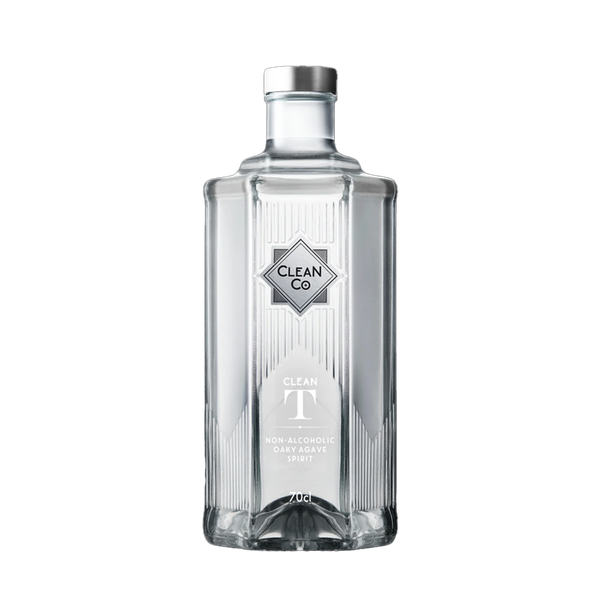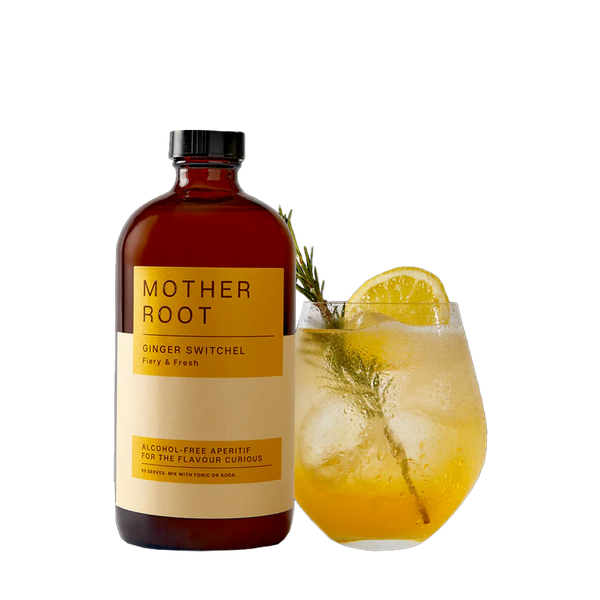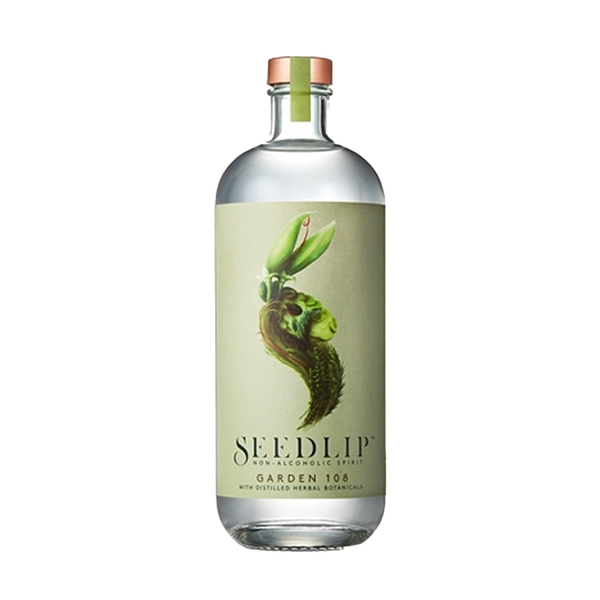How To Drink Less This Summer
What is mindful drinking?
Although for many, alcohol is synonymous with having fun and relaxing, the reality for many people who struggle to control their drinking habits is that it can be a source of shame rather than a badge of sociability. “In today's busy world, the concept of mindful drinking has emerged as a way to understand how alcohol is affecting our mental and physical health,” says Christy Osborne, sobriety coach and founder of Love Life Sober. “It is allowing women to question their drinking with zero stigma attached.”
As well as tackling the stigma, a more considered approach to drinking might help address any inward feelings of unease. “Drinkaware defines mindful drinking as an attitude and mindset,” explains Dr Deborah Lee of Dr Fox Online Pharmacy. “When you drink mindfully, you are actively asking yourself questions about why you drink, without making any judgement. Before drinking at an event, you pause and ask yourself, 'Do I actually want this drink' or 'Will drinking this cause negative outcomes?’”
There’s another new term you might also have heard recently. “Being ‘sober curious’ means starting to question how much you are drinking, rather than just going along with what everyone else is doing,” says Deborah. “You are becoming more assertive, resisting social pressures and only drinking what you want to drink.”
How can you tell if mindful drinking is for you?
Recognising the signs that you may need to adjust your alcohol intake is often the hardest first step for many people. Perhaps it’s something you’ve noticed yourself or perhaps it’s taken a comment by friends or family. Either way, reaching the stage where you decide to act is a big step, even if you only take baby steps at first. According to Deborah, you may have a problem if, “drinking is affecting your home life, your close relationships, and your capabilities and productivity at work, or you are no longer doing all the sports, hobbies and activities you used to.”
What’s the problem with drinking alcohol to excess?
“Women’s drinking habits are strongly linked to stress and depression,” explains Deborah. “Alcohol is often used as a coping mechanism to ease the difficulties of psychosocial stress and family life. Alcohol may be used after bereavement, miscarriage, relationship breakdown, separation or divorce.” It’s not just the triggers that are often different for women; simply consuming alcohol has a markedly different effect on women’s bodies. “Women differ in their body’s response to alcohol,” says Deborah. “Blood alcohol levels increase more rapidly in women, meaning they become intoxicated more quickly. Women break down alcohol less rapidly, as their bodies produce less of the enzyme alcohol dehydrogenase, so alcohol stays for longer in the bloodstream. In terms of physical illness, women are more likely than men to suffer from liver damage due to drinking alcohol or develop heart disease or brain damage, even when they’ve had a similar alcohol intake.”
What are the health benefits of reducing your alcohol intake?
It’s important to bear in mind that, despite the government guidelines that many of us treat as a framework for our drinking, all alcohol consumption comes with risks. “There is no safe level of alcohol consumption,” says Deborah. “The current NHS recommendations are ‘low risk’ recommendations. These state that UK adults should not drink more than 14 units of alcohol per week, spread out across 3 days or more.”
Regularly drinking in excess can lead to a host of mental and physical health issues, including increased risk of heart attacks, strokes, liver disease and some cancers. It can also exacerbate existing conditions like depression, weaken your immune system, and affect personal and professional relationships. “Cutting down or stopping drinking altogether will greatly improve both these short and long-term risks,” says Deborah.
As well as redressing hormonal imbalances, mental clarity, and sleep issues, reducing your consumption can benefit your gut health, which has far-reaching consequences. “Did you know alcohol can wreak havoc on your gut health?” asks Christy. “Acetaldehyde, a by-product of alcohol metabolism, disrupts the delicate balance of good bacteria in your gut. And why does this matter? Your gut is the epicentre of serotonin production, a neurotransmitter that holds the key to mood regulation, appetite control and restful sleep.”
How can you start drinking more mindfully?
If you already practice any kind of mindfulness, whether it’s journalling or yoga, you’ll be familiar with the concept, just in a different context. “Mindfulness is a term used to mean bringing yourself into the present moment, not thinking about the past or the future,” says Deborah. “Mindful drinking means doing just this. You choose what you want to drink – instead of just going along with the crowd – and drink it slowly to savour the smell, taste, texture, and consistency of every mouthful.”
Is mindful drinking an easily sustainable option?
“Ask yourself a crucial question: what job are you giving to alcohol?” says Christy. “We all have reasons behind why we drink. It might be a bridge to connection, a source of fun, a tool for relaxation, a reward, or even a coping mechanism. The list is endless. By gaining clarity on why you're drinking, you can determine if alcohol is genuinely serving its intended purpose or not.”
Although mindful drinking may seem like just a trend, some believe there is a deeper shift. “Those in favour firmly believe mindful drinking is not a fad. It’s a positive life choice that is here to stay,” says Deborah. She cites results from a recent American survey showing that over 50% of consumers are now more mindful of their alcohol intake, and another poll by Harrogate Spring Water, in which 61% of those questioned said they now had a tendency to drink only in moderation.
If the thought of altering your drinking habits forever feels too daunting, it can help to reframe the idea as one that’s more about self-care and compassion rather than just the booze. “Mindful drinking isn't just about moderating your alcohol intake; it's about fostering a deeper connection with yourself and making intentional choices that honour your physical and emotional well-being,” says Christy. “It’s about listening to your body's cues with compassion and understanding.”
What other therapies can be helpful to use alongside mindful drinking?
Just as other mindful practices are enhanced by other activities, so too is mindful drinking – think of it as another step in your overall path towards better wellbeing. “Regular physical activity strengthens your body and boosts your mood by increasing dopamine and endorphin levels,” says Christy. “Balancing your blood sugar levels with a high-protein diet can help curb alcohol cravings. Consuming protein-rich foods helps stabilise blood sugar, reducing the likelihood of reaching for alcohol as a quick fix. Establishing a bedtime routine can promote restful sleep and rejuvenation. Avoiding screens before bed, limiting caffeine in the afternoon, and creating a calm, relaxing environment can enhance your sleep quality, reducing the urge to use alcohol for rest.”
For more information, visit at LoveLifeSober.co.uk, DrinkAware.ie, Doctorfox.co.uk, Nhs.uk
SL’s Picks Of Some Of The Best Non-Alcohol Options To Try...




DISCLAIMER: Features published by SheerLuxe are not intended to treat, diagnose, cure or prevent any disease. Always seek the advice of your GP or another qualified healthcare provider for any questions you have regarding a medical condition, and before undertaking any diet, exercise or other health-related programme.
DISCLAIMER: We endeavour to always credit the correct original source of every image we use. If you think a credit may be incorrect, please contact us at info@sheerluxe.com.


